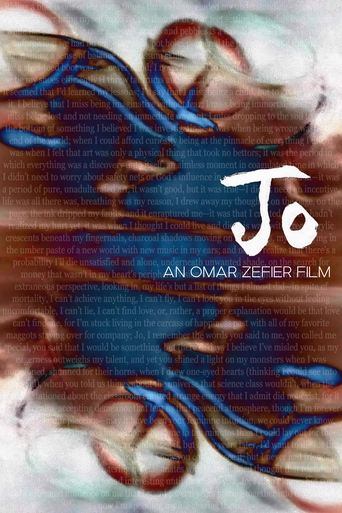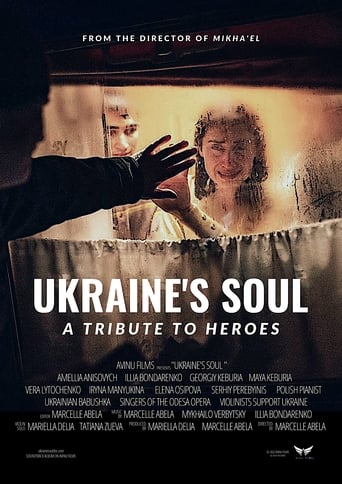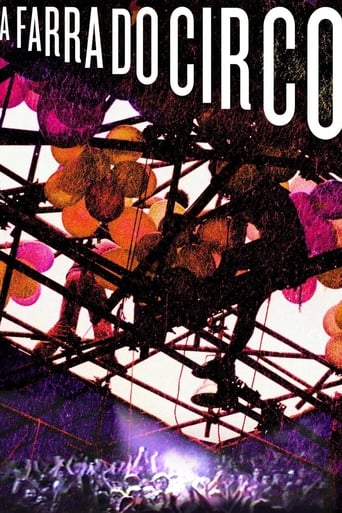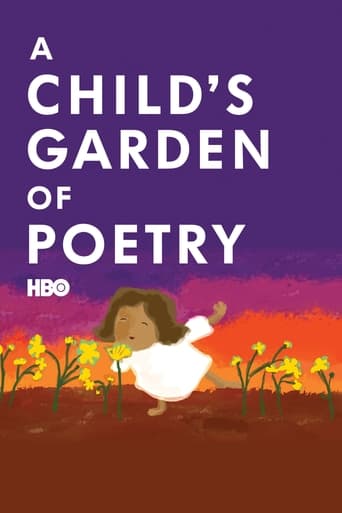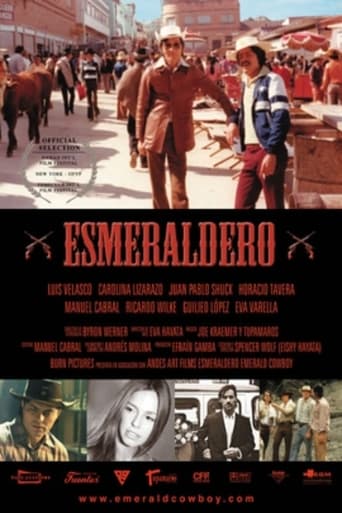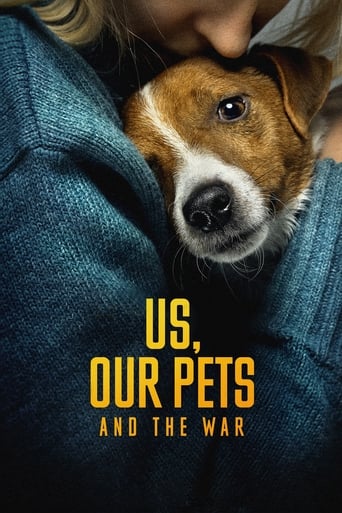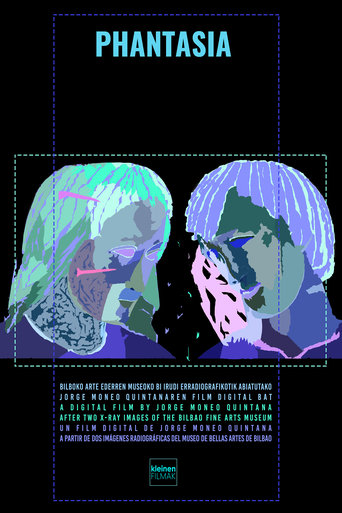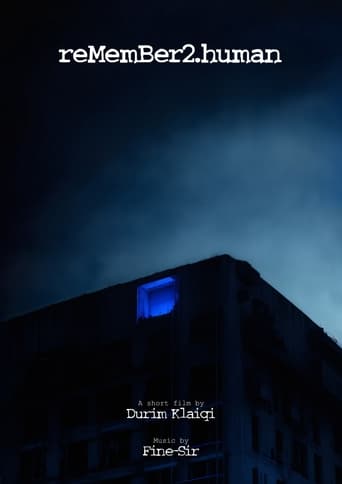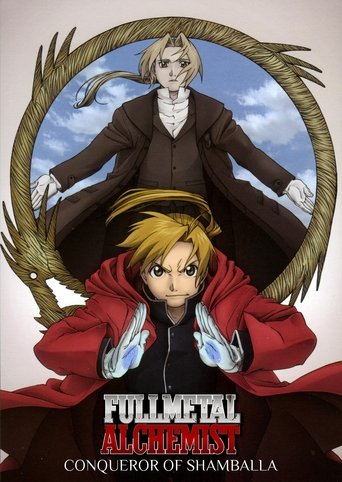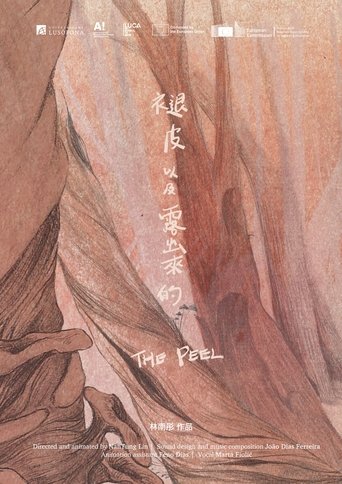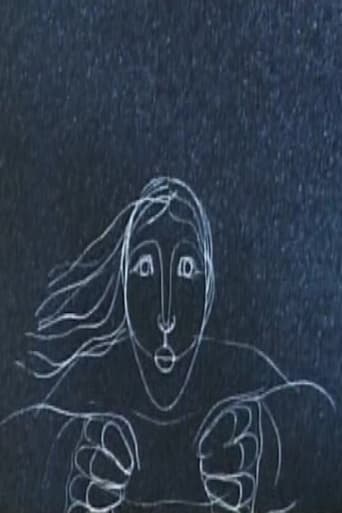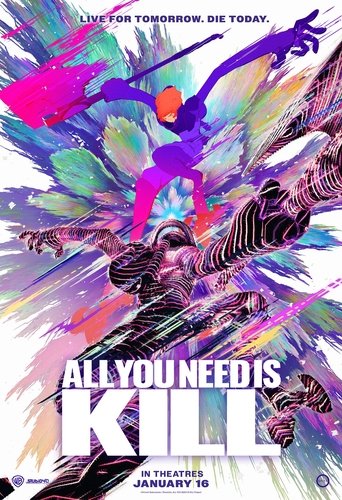
09 Jan 2026

ALL YOU NEED IS KILL
When a massive alien flower known as "Darol" unexpectedly erupts in a deadly event, unleashing monstrous creatures that decimate the population of Japan, Rita is caught in the destruction—and killed. But then she wakes up again. And again. Caught in an endless time loop, Rita must navigate the trauma and repetition of death until she crosses paths with Keiji, a shy young man trapped in the same cycle. Together, they fight to break free from the loop and find meaning in the chaos around them.
